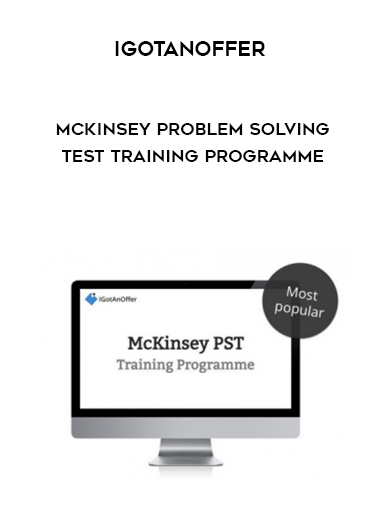
The Intelligent Body
Salepage : The Intelligent Body
Archive : The Intelligent Body Digital Download
Delivery : Digital Download Immediately
Current medical school teaching covers a great deal about hardware body, and pathology. Little is taught about software being, or the mammal’s autonomic response to stressors.
The Intelligent Body acknowledges people as spiritual beings having a human experience, reminds us about Selye’s general adaptation syndrome (how mammalian bodies cope with stress), and our individual ‘stress buckets’ — which can only contain so much before overflowing. Davies looks at how emotions arise, and reminds us how the intelligent body gives feedback and communicates with our software being through emotions: physiological phenomena. He then tells us how we all block the flow of emotions at times, leading to pent-up emotional distress — which helps to fill our buckets. He reminds us of the difference between high vibrational positive emotions such as joy, love, compassion, happiness, excitement, and bliss, and low ones such as anger, fear, boredom, frustration, sadness, and disgust, and how these each affect us either positively (high) or negatively (low). ‘Emotions’, he states, ‘are a tap on the shoulder inviting us to align our words and actions with our true self in this now moment’, and explores this from different perspectives through the book.
Davies explores the limitations of just changing thought patterns (cognitive change) as opposed to achieving deeper affective change. From his clinical experience, empowering people to be present in themselves, to listen to their intuition and to the messages their emotions bring, and to respond appropriately, helps people reduce their symptoms, sometimes dramatically.
He shows us several approaches to this positive approach in a conversational coaching style. He acknowledges that nutrition is also important for fatigue.
If you are looking for a readable introduction to some principles and coaching tools of mind–body medicine to empower your patients, this book is a great start.
To explore the important biochemical and nutritional aspects of chronic fatigue further, I would suggest Dr Sarah Myhill’s Diagnosis and Treatment of Chronic Fatigue Syndrome and ME: It’s Mitochondria, Not Hypochondria. Dr Myhill has successfully treated many athletes and others.
The whole area of mind–body health is important as society moves towards empowering individuals into personal responsibility for health.
More from Categories : Health & Fitness


![[Audio Only] CC19 Workshop 15 - Advanced Relational Life Therapy (RLT) - Terry Real](https://illedu.info/wp-content/uploads/2021/07/ajHcWg3pZEWoZ4CLN52R4A-200.jpg)











Reviews
There are no reviews yet.